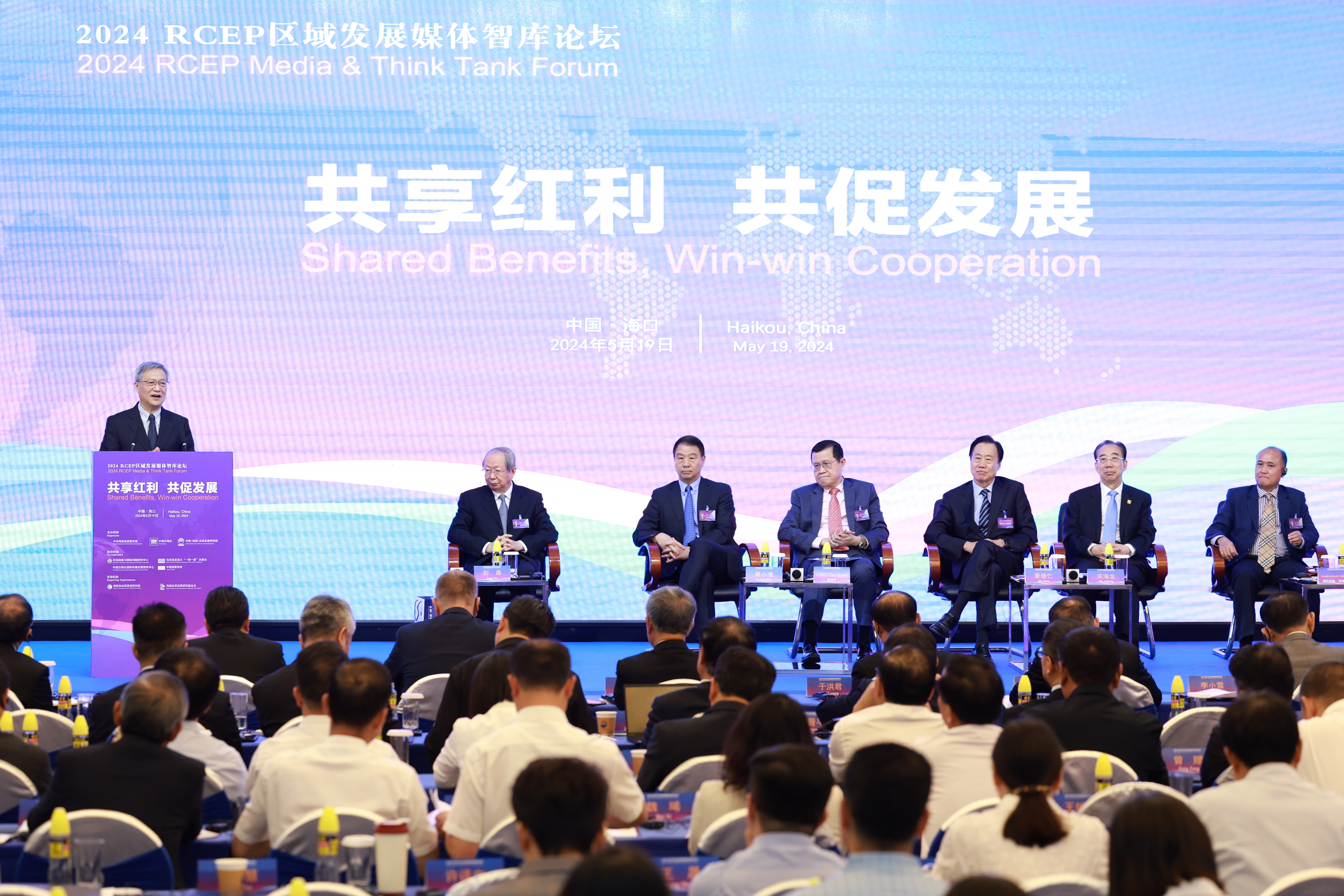On 19 May 2024, the Publicity Department of the CPC Hainan Provincial Committee, China Daily and China (Hainan) Institute for Reform and Development co-hosted 2024 RCEP Media & Think Tank Forum themed “Shared Benefits, Win-win Cooperation” in Haikou, Hainan Province. Secretary General Shi Zhongjun of the ASEAN-China Centre (ACC) was invited to attend and address the opening ceremony. Mr. Hu Kaihong, Member of Affairs Council of the Publicity Department of the CPC Central Committee and Vice-Minister of the CPC Central Civilization Office, Vice Governor Yin Libo of Hainan Province, Publisher and Editor-in-Chief Qu Yingpu of China Daily, and President Chi Fulin of CIRD and Hainan Free Trade Port Research Institute also addressed the opening ceremony. ASEAN Secretary General Kao Kim Hourn delivered video remarks. More than 300 participants including the representatives from Chinese local government agencies, Chinese and ASEAN enterprises, media and think tanks attended the event.
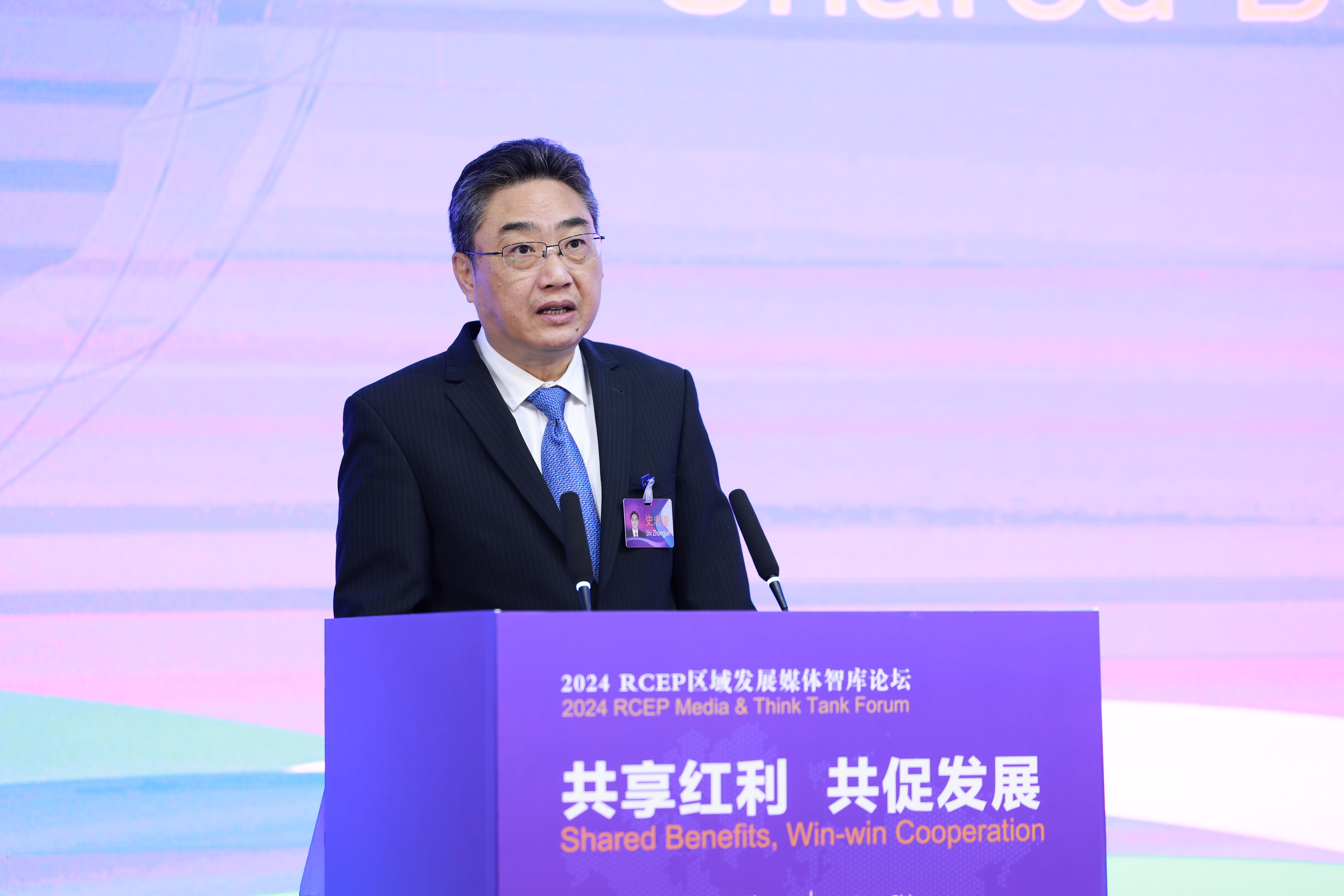
Shi Zhongjun underlined that the full implementation of RCEP has played an important role in promoting regional economic and trade cooperation, improving the policy environment, strengthening the resilience of the production and supply chains, enhancing connectivity, bolstering cooperation in digital economy, and supporting the development of medium and small enterprises, which have secured early harvests. This has sent positive signals that countries in the region stay committed to strengthening economic integration and promoting the open regional economy. The sound and steady growth of the ASEAN-China comprehensive strategic partnership has injected strong momentum into high-quality implementation of RCEP, and RCEP will also bring broader prospects and huge potential for ASEAN-China practical cooperation. In the future, both sides should realize more effective integration of the production and supply chain through a higher level of opening up, and forge a more optimized and efficient industrial structure based on the complementary industrial advantages on both sides. ASEAN and China should also utilize new growth points for cooperation brought forth by new energy, digital economy, cross-border e-commerce and other emerging industries, continue to work on fostering new industrial modes, and contribute to promoting the transformation and upgrading of traditional industries in the region towards win-win cooperation.
Shi Zhongjun underlined that the geopolitical and economic landscape has become increasingly complex and post-pandemic economic recovery in the world remains sluggish. Therefore, the importance of promoting regional economic integration is becoming more and more prominent. RCEP signatories, including ASEAN and China, should enhance the advocacy for RCEP, accelerate the improvement of RCEP-related working mechanisms, further enhance the RCEP rules utilization, improve the implementation of the agreement on public service platforms, and promote regional cooperation featuring more inclusiveness, modernity and mutual benefits.
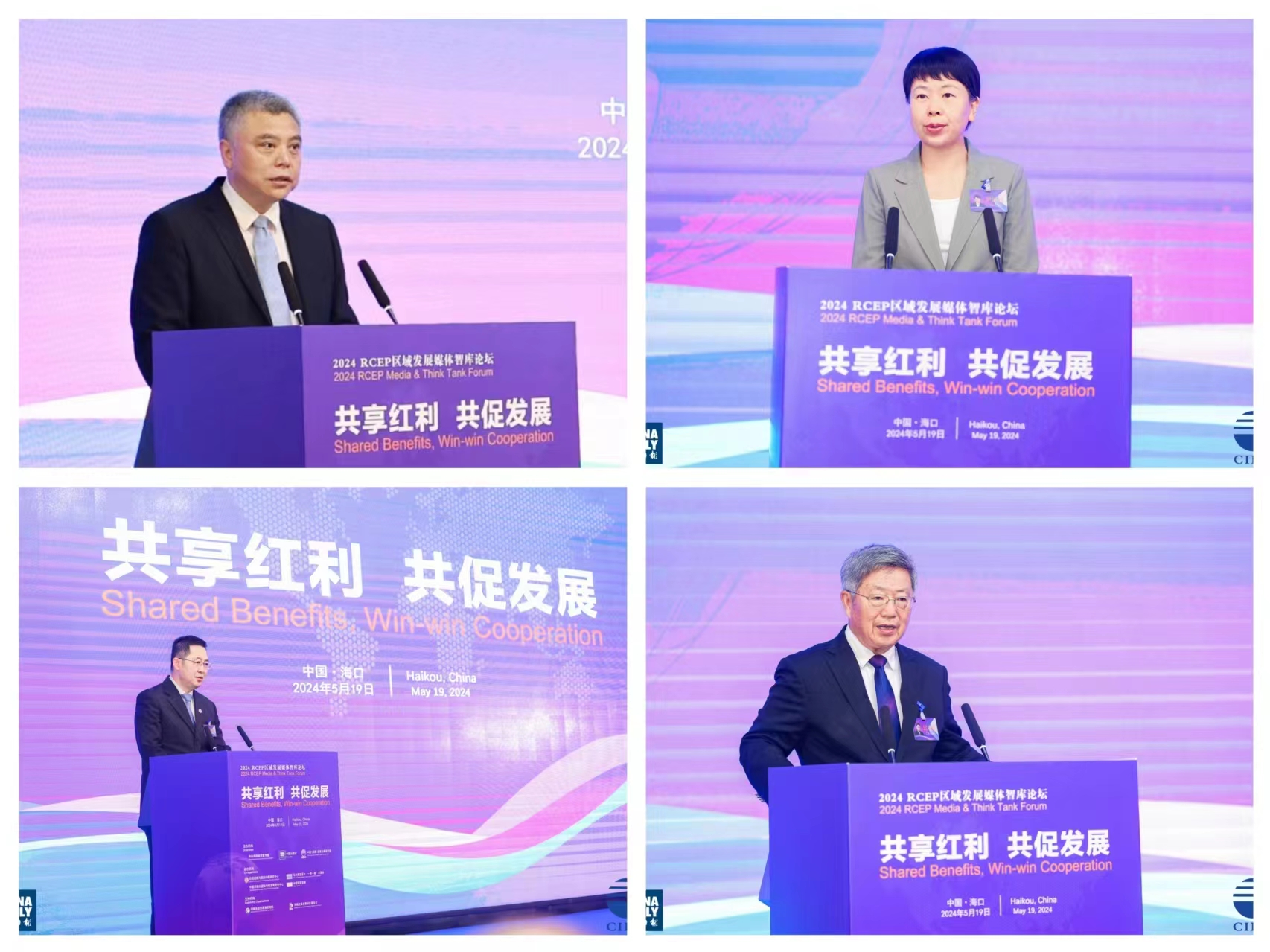
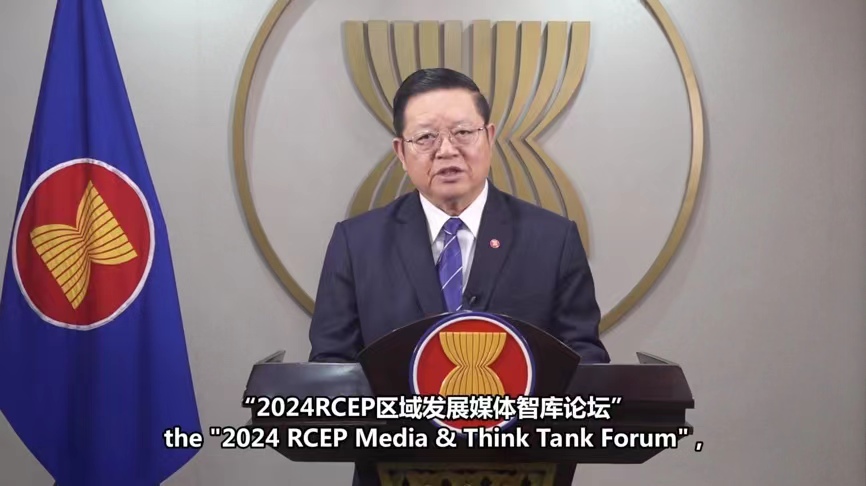
Secretary General Kao stressed that RCEP has effectively become a new catalyst for the region’s growth. All parties should better apply the rules of the RCEP mechanism, break down barriers to regional economic, trade and investment cooperation, and make the RCEP arrangements benefit regional enterprises more widely, especially for micro, small and medium enterprises. RCEP should remain open and inclusive by keeping trade rules under the RCEP up-to-date, and firmly uphold a rules-based and open trading system as the fundamental foundation for a stable and predictable global trade governance.
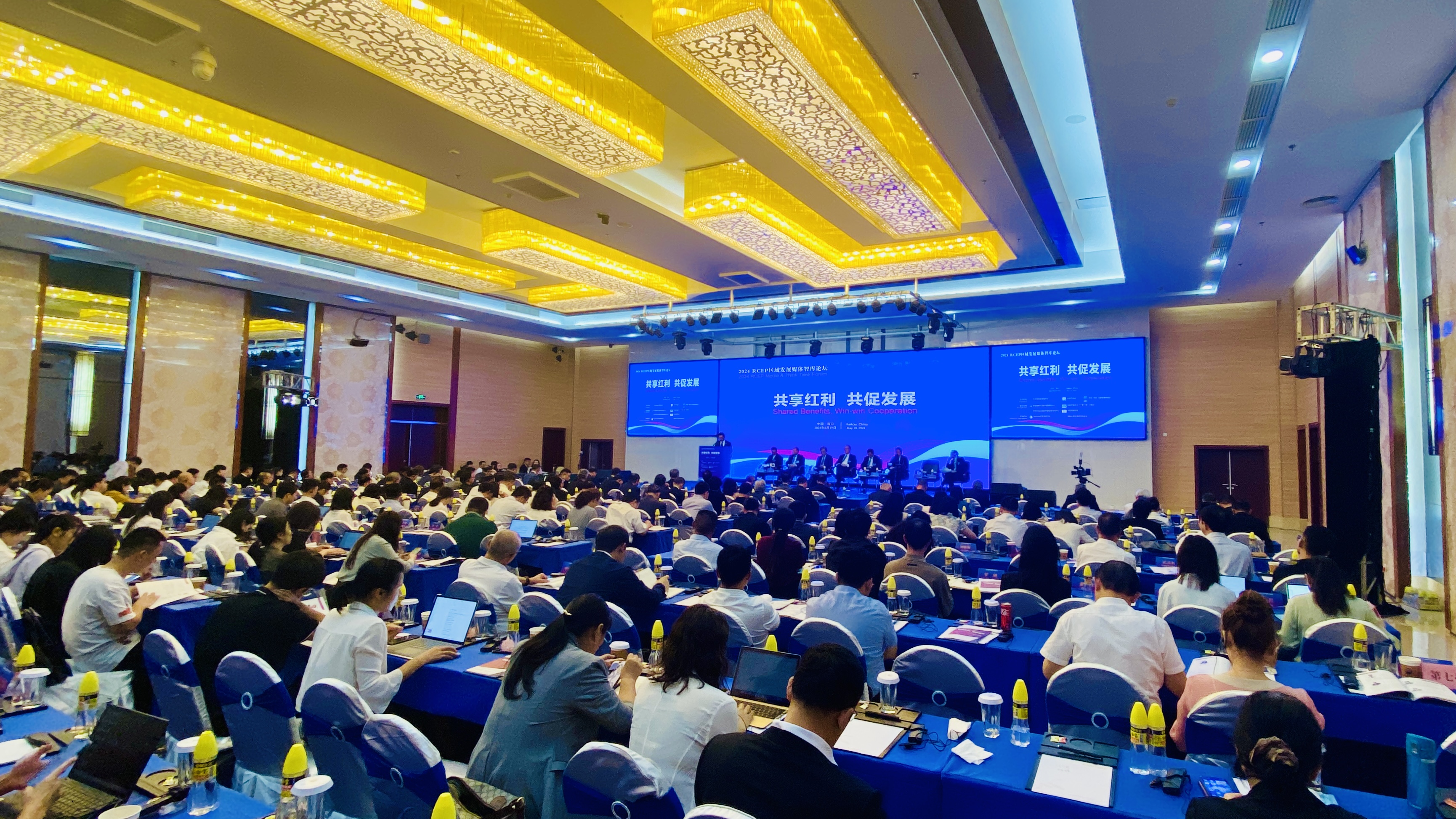
During the forum, the participants had in-depth discussions centering on “Fully Implementing the RCEP Agreement and Building up the Global Economic Growth Center”, “Improving the Utilization Rate of RCEP’s Rules and Advancing Regional Economic Integration" and "Leveraging Media & Think Tanks’ Role in Advancing RCEP’s Comprehensive Implementation and Upgrading", and made recommendations on how to promote high-quality implementation of RCEP in the future. The RCEP Rules Utilization Research Report was also launched at the Forum.
